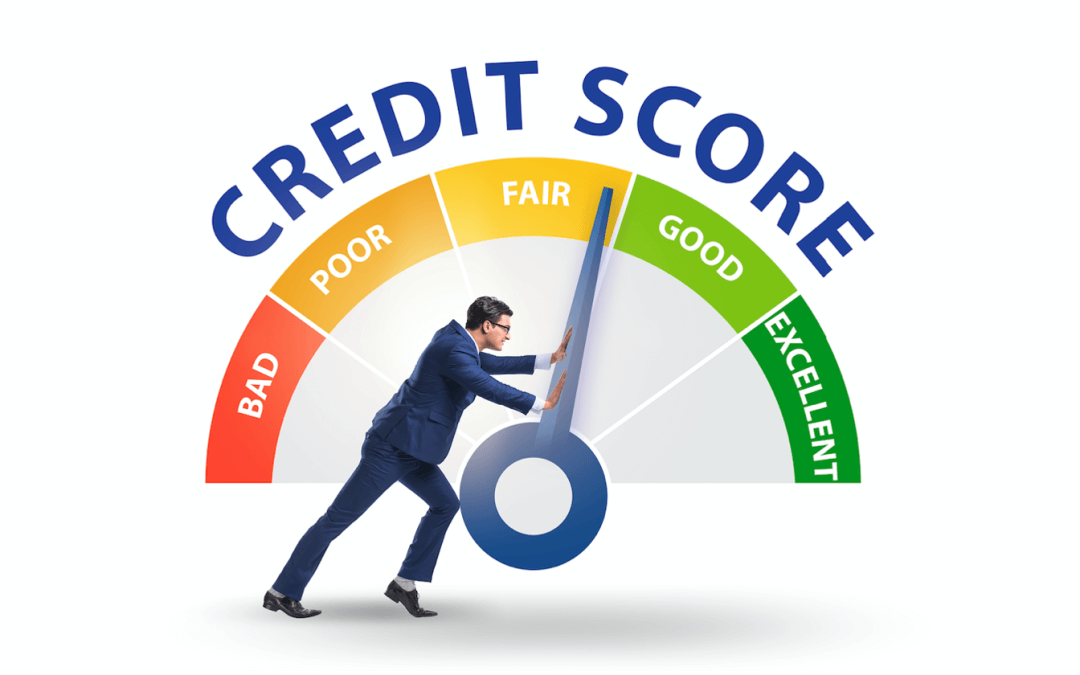When purchasing a house, it’s very common for the buyer to need to take out a loan. Loans, though, are not guaranteed; banks are not obligated to loan you money even if you need it. In order to qualify for a loan, you need to have an adequate credit score. In order to make sure that you meet the minimum credit score requirements banks may have, you’ll need to build your credit score up over the years, and avoid doing things that can really damage it.
Here are three things you can do to improve your credit score and get that loan you need.
Avoid late payments to help your credit score
The easiest way to keep a high credit score is to simply pay your bills on time. Late payments can really, really sting. To ensure that you are able to do this, do not swipe your credit card to pay for things that you cannot afford at the moment. That expensive trip to Paris that you’ve been waiting all your life for can wait another year or two. Once you get behind on your payments, not only do you start racking up interest rates, but your credit score begins to suffer. Think about it from the bank’s perspective. If they see that you aren’t making your payments on time, how can they trust you to pay back the loan in a timely manner?
Pay off debt to help your credit score
Similarly, paying off any debts you may still owe can help your credit score, too. If you already have purchased things that you could not afford at the moment and now find yourself in debt, you have now (hopefully) learned your lesson to not find yourself in this situation again. But first, you need to get out of this situation, and the way to do so is to pay all outstanding debts off as quickly as possible. Take a few minutes to sit down and make a list of any and all outstanding debts, and prioritize them in order of their interest rates. If you can show that you have settled all remaining debt, the bank will see that even though you did find yourself in debt, to begin with, paying back the debt you owed was a priority for you. That will make them feel safer about lending you money in the first place.
Keep an eye out for incorrect data, and dispute it if you see it
One of the worst ways to find yourself in debt is to have your credit card company claim you owe money for something that you did not actually purchase. An easy way to avoid this is to carefully comb through your statement each month, scouring it for any discrepancies with the receipts you’ve kept. If you find something on your statement that you yourself did not pay for, be sure to dispute the charge, and have it removed from your statement so you don’t have to pay for it.

